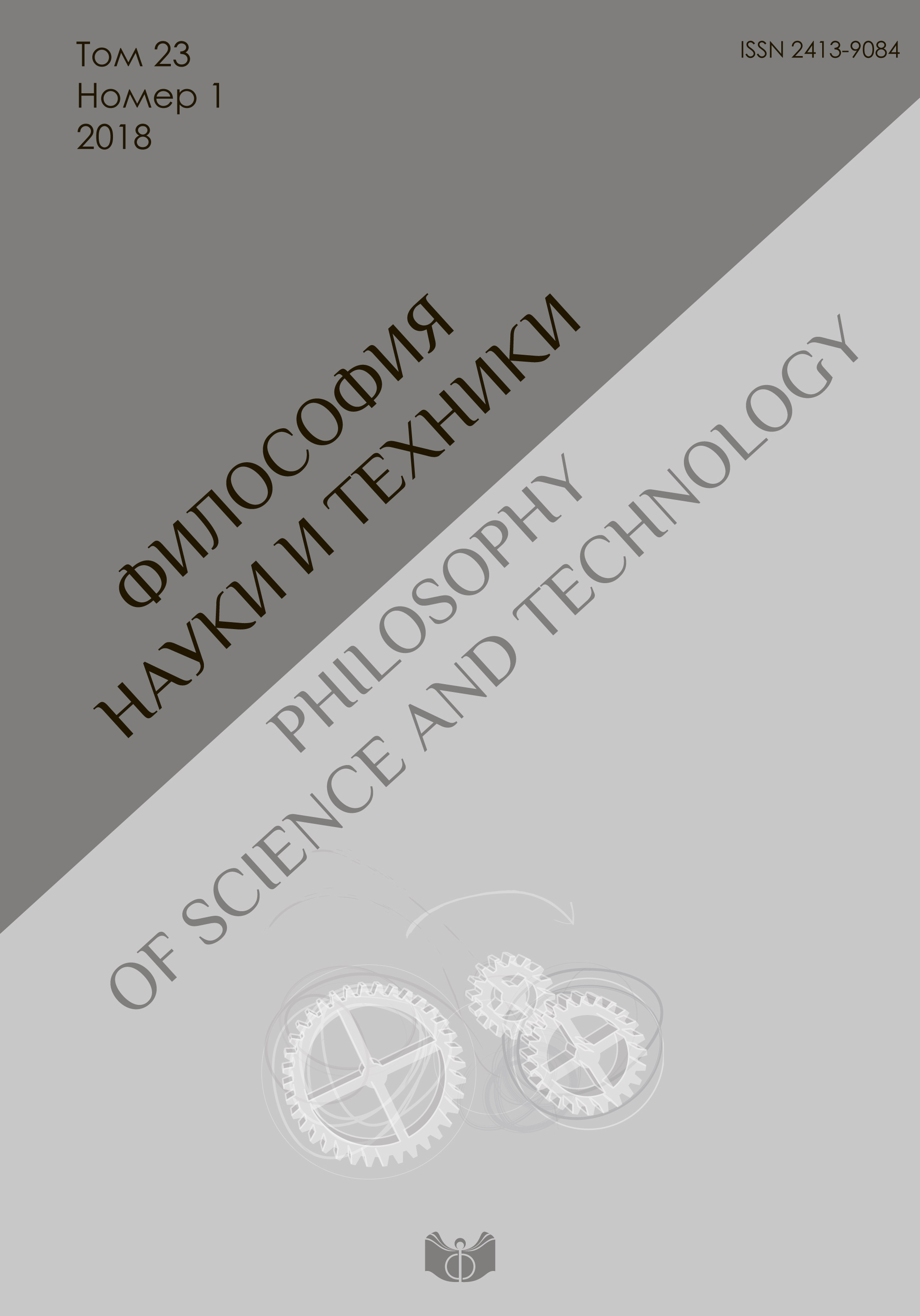Scientific information in the mass media: characteristics of generation and production
DOI:
https://doi.org/10.21146/2413-9084-2018-23-1-128-140Keywords:
open science communications, scientific information, medialization of scienceAbstract
The article is devoted to the problem of generation and production of scientific information in modern media. The focus is on methods of distortion of scientific information in the media, including those under the influence of Internet. The topic of perspective forms of interaction between science and the public and the problem of the negative impact of the Internet on the scientific community are considered too. One of the main paradoxes of the media environment is that the increase in communication channels and the improvement of the forms of information presentation associated with various graphic innovations do not directly lead to improving the general awareness of the audience. The aims of non-professional actors in the information and media space (state structures, big commercial companies, investment groups for stimulating of scientific developments, public and non-profit organizations) are analyzed in the formation of thematic blocks in the media in relation to science. In addition, the article identifies the main queries for the scientific information received (entertainment, emotionality, emphasis on personalities, interactivity), as well as new formats of publicity in the context of intensive interaction of the common man with technology in the urban environment (lecture-performance, science slam). The boom of sociocultural destructiveness, the mismatch of social roles and cultural ties, the unclearness of the formation of aesthetic ideals are all problems that lie outside the natural sciences and their possibilities. It is noted that as the social consequences of the development of technologies are most clearly manifested in the city and the urban environment, the communication potential of the humanities expands significantly and lies primarily in the field of ontological measurement of human relations with the technological environment.











